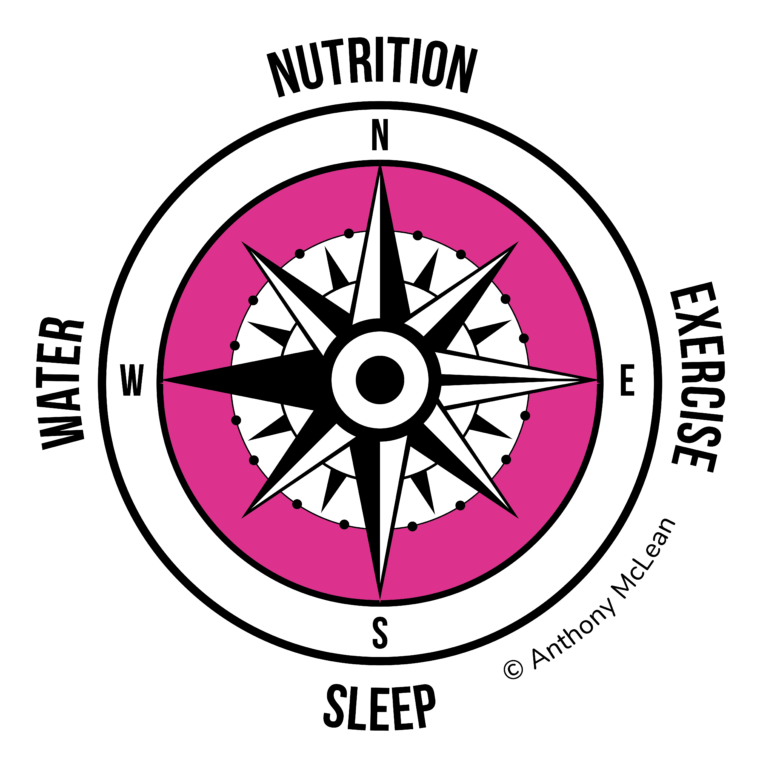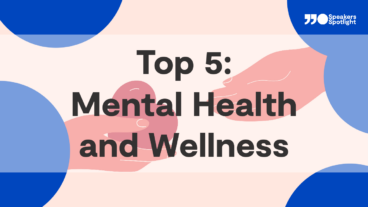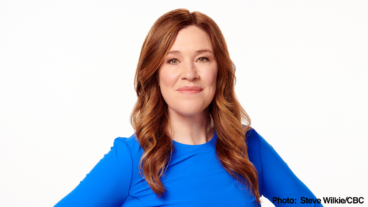Anthony McLean shares the tools and strategies needed to optimize mental wellness to ignite joy and fuel peak performance in his new book, All Fired Up.
Anthony is a mental wellness and diversity and inclusion expert. He has helped organizations such as PepsiCo, Intel, Danone, and Coca Cola enhance team performance by fostering workplace cultures built on empathy, acceptance, and mental well-being. Now, in his new book, he combines best practices from the self-care movement with proven strategies from the business world to help readers level up their mood, energy, and focus for extraordinary results.
We recently spoke with Anthony to learn more about his new book and explore the mindset shifts he recommends to optimize energy levels, stimulate creative thinking, and approach every day with enthusiasm and joy.
Speakers Spotlight: What inspired you to write this book?
Anthony McLean: The funny thing is, I wasn’t trying to write a book. I was trying to figure out a way to get rid of brain fog. I’m usually an energetic person. When a goal gets me excited, I have the energy to go after it. But I found myself floundering. I didn’t have the energy to compose an email much less to write a business proposal. I lost my zeal. It was a combination of brain fog, low energy, and sluggishness that I knew didn’t reflect the passion I have for my work and my family.
So, I started researching everything I could about boosting energy levels and operating at peak performance. I found some very effective strategies from the business world and some very helpful tools from the self-care movement. And everything I learned resulted in my book, All Fired Up.
SpSp: You emphasize the importance of self-awareness in your book. How did developing this skill impact your own journey, and how can it help others?
AM: The Stanford Graduate School of Business wanted to determine the most important capability for business leaders to develop. Is it communication skills? Decision-making? Adaptability? While these are all important, the results of their survey were a surprise to many. They found that self-awareness was the number one skill for business leaders to develop. Leaders need to know their strengths to leverage them and their weaknesses to compensate for them.
Often, we are too close to ourselves to see our strengths and weaknesses objectively. A mentor can offer an outside perspective and honest feedback about what they see. For me, mentorship has been a game changer. I never would have become a keynote speaker if it wasn’t for a friend and mentor who pointed out that I have good communication skills. She encouraged me to put together a speech and even got me my first booking. Later, another mentor pointed out that when I get excited about an idea, I tend to rush into action without taking the necessary time to weigh the pros and cons. Isn’t it interesting that we need others to know ourselves?
The first step in self-awareness is being open to finding out how others perceive you. And a mentor can be a great place to start. To adapt a quote from Benjamin Franklin, the school of experience is for the fool; mentorship is for the wise.
SpSp: Both in your keynotes and your book, you explore the relationship between mental health and energy levels, cognitive abilities, and mood. How can individuals recognize the signs that their mental health may be affecting these aspects of their lives?
AM: Start by paying attention to your baselines. For example, how many hours of focused work can you accomplish in a day before you feel drained? Personally, I find my sweet spot is around 4 hours, perhaps a bit longer when facing a deadline. If you notice feeling drained after just 1-2 hours, it’s a sign that something might be off. That’s when I conduct a quick wellness check. I always start with my physical health.

Nutrition: Am I getting enough Omega 3 fatty acids? Am I getting enough protein? Am I eating too much junk?
Exercise: Am I getting some movement in every day? Keep in mind, exercise doesn’t have to mean a full-body workout at the gym. It can be a brisk walk around the block. But when I’m not moving my body, I feel lethargic at work.
Sleep: Adults need between 7-9 hours of sleep per night. I seem to do well with 7.5 hours. If I fall behind one night, I have to make the following night’s rest a priority. Lack of sleep impacts attention span, cognitive skills, and memory. Good sleep hygiene is essential for leaders!
Water: Your body is 60% water. And 50% of all headaches are caused by dehydration. When I’m dehydrated, I feel sluggish and unmotivated. I get headaches. I have difficulty focusing on tasks. So, staying hydrated is key for peak performance!
Moving beyond the physical aspects of my wellness, I’ve noticed that when I feel off-center, it’s often linked to a sense of loneliness. We’re currently grappling with a loneliness epidemic, with studies indicating that 60% of the population experiences loneliness. Despite our constant connectivity through cell phones, social media, and dating apps, we are lonelier than ever.
In those moments of loneliness, I make a point to allow myself to be vulnerable and reach out to a friend for a phone call or hangout. It never ceases to amaze me how much better I feel after spending time connecting with friends. We are wired for connection, and when that connection is lacking, our overall functioning is impacted. It’s worth mentioning that some people assume that introverts require less social connection than extroverts. The truth is, that introverts thrive on deep, personal, intimate connections; they’re just not as fond of small talk and big crowds. In essence, we all crave and benefit from genuine connection.
SpSp: Can you share a favourite success story that illustrates the tangible results of adopting the mindset shifts you advocate in your book?
AM: When I used to commute to work, the drive home served as a crucial time to transition from work life to home life. I’d release the day’s disappointments and victories, shifting my mindset into family mode. When I walked into my home, I was intentional about leaving work behind. But work-life balance took a hit when I began working from home! It’s hard to switch from work mode to family mode when all of that happens under the same roof!
I realized needed to be more intentional about the transition between the two. So, I established a simple yet effective shutdown routine at the end of my workday. I practice three minutes of box breathing, signaling to my body that the workday is concluded, and it’s time to let go of disappointments, highs, and lows, etc. It’s all in the past now. The impact of that simple habit is truly remarkable.
If you find yourself grappling with work-life balance while working from home, I encourage you to explore your shutdown routine. If box breathing doesn’t resonate with you, perhaps you can experiment with music! What’s the end-of-the-workday song that will prime your body to switch over to home life?
Anthony digs deeper into the mindset shifts and tools outlined in All Fired Up in his keynote “Fire Up Your Mental Health!” This upbeat and inspiring presentation equips audiences with practical takeaways to help them build and adopt a supportive mental health routine and approach each day with a renewed sense of enthusiasm and joy.
Contact us to learn more about Anthony McLean and how his lively presentations on mental wellness, psychological safety, and DEI can fire up your team!




